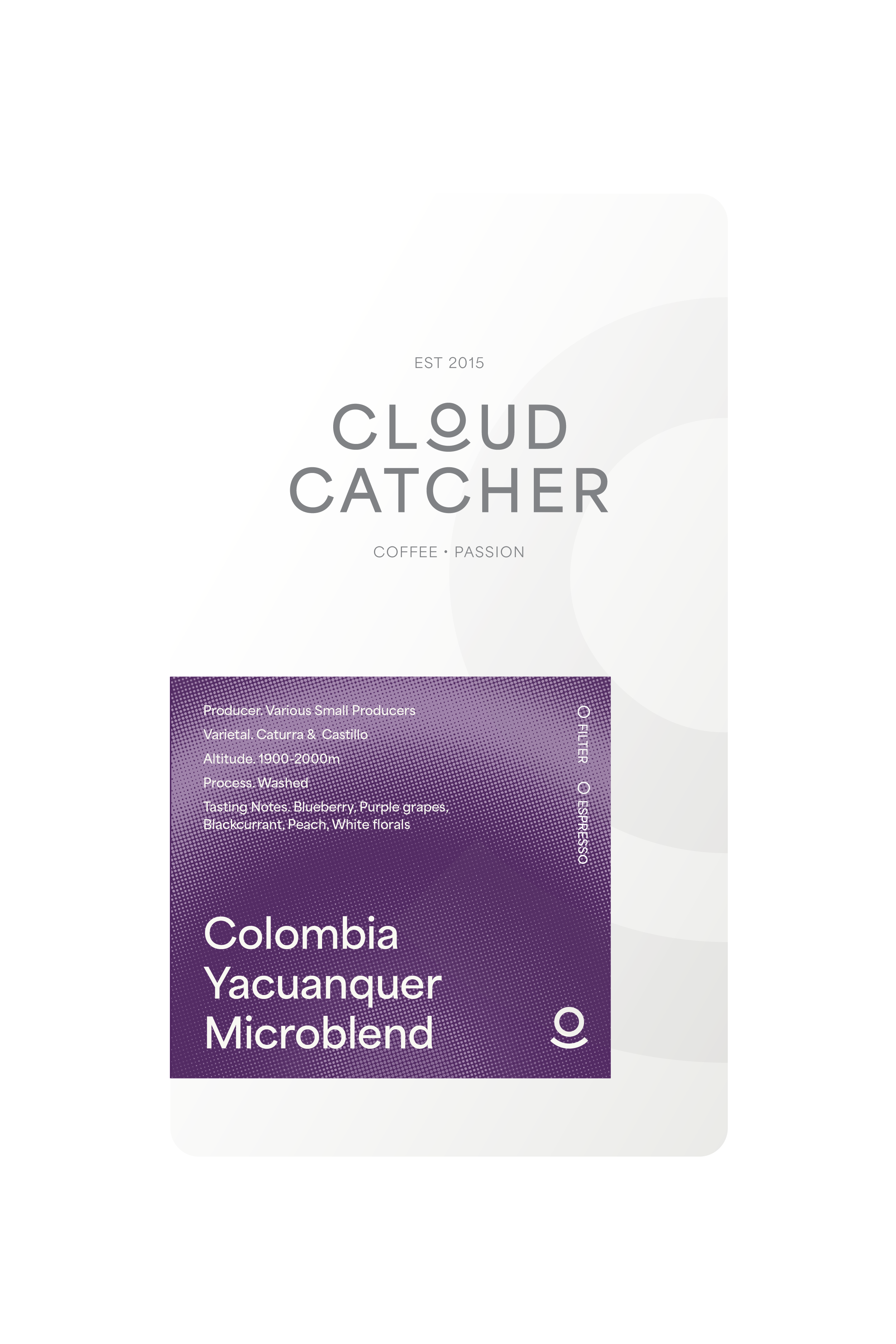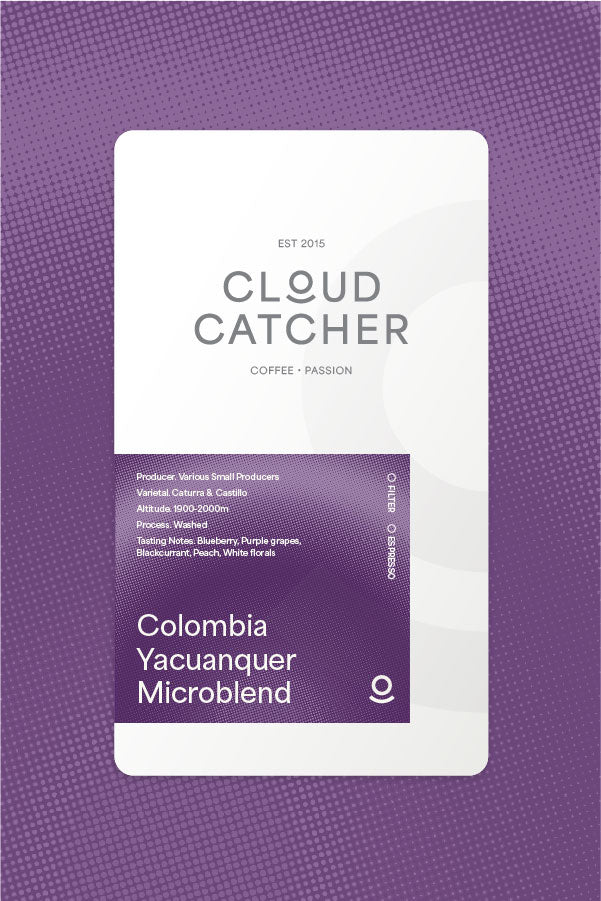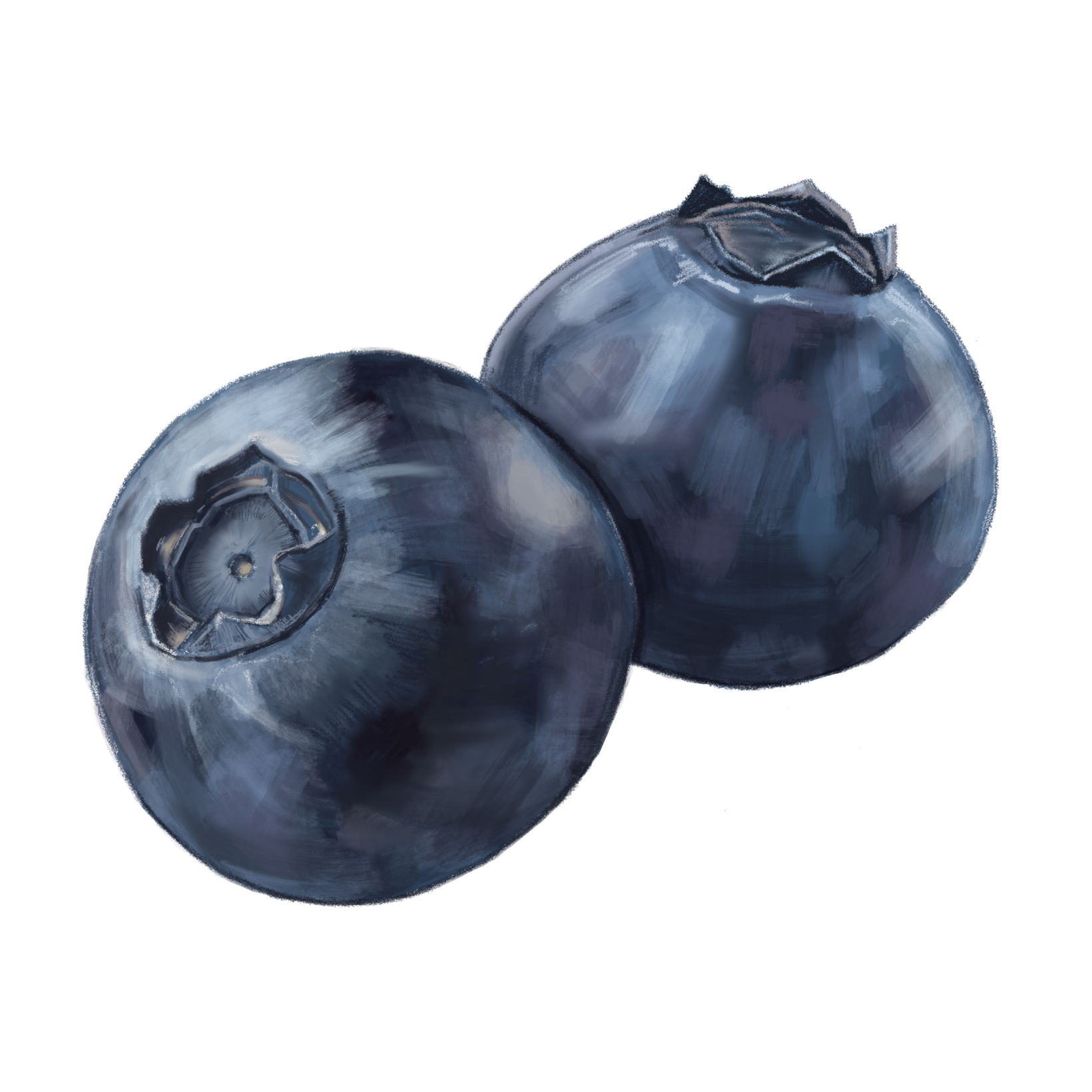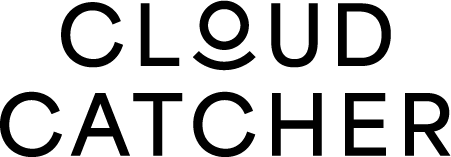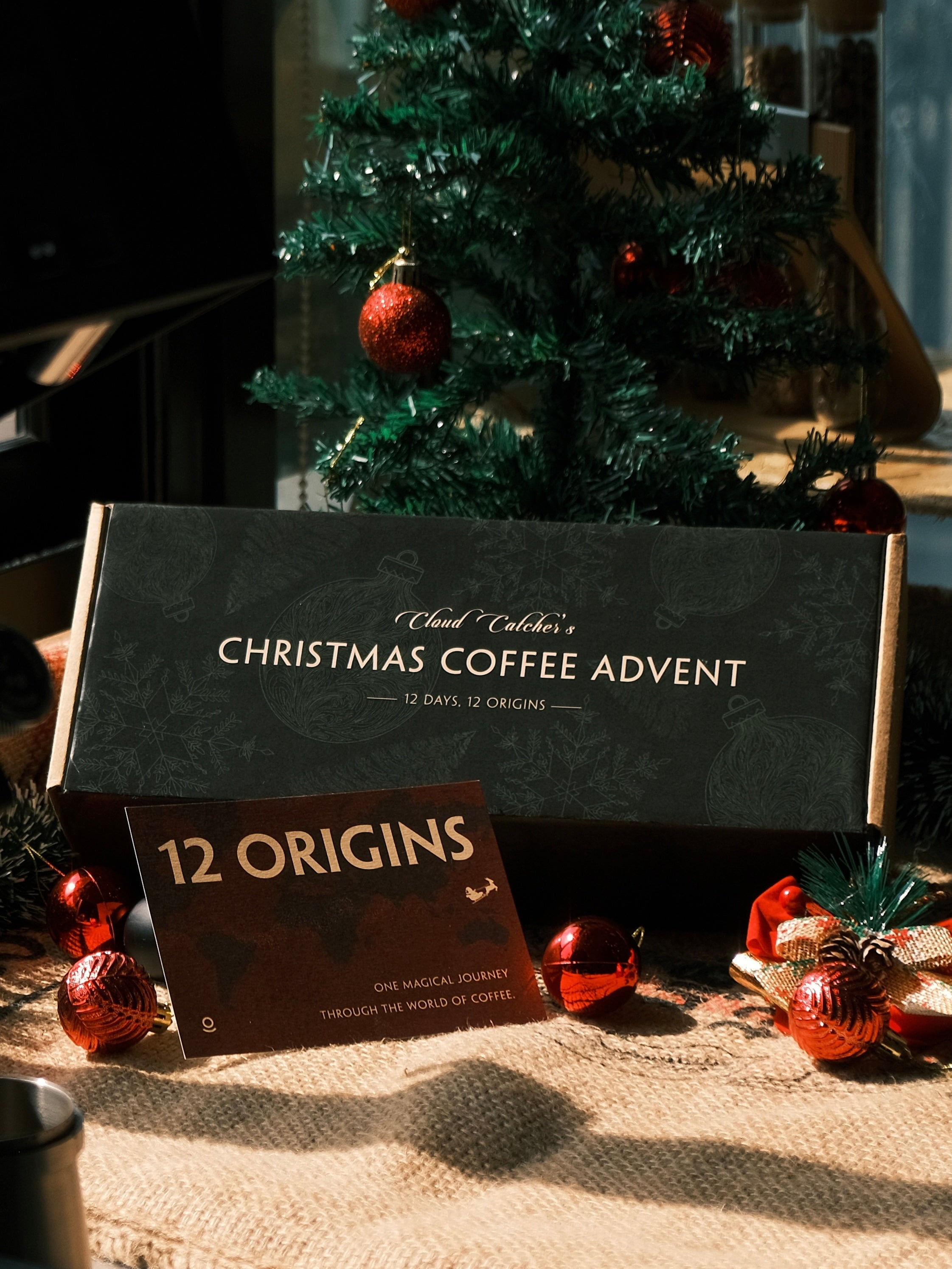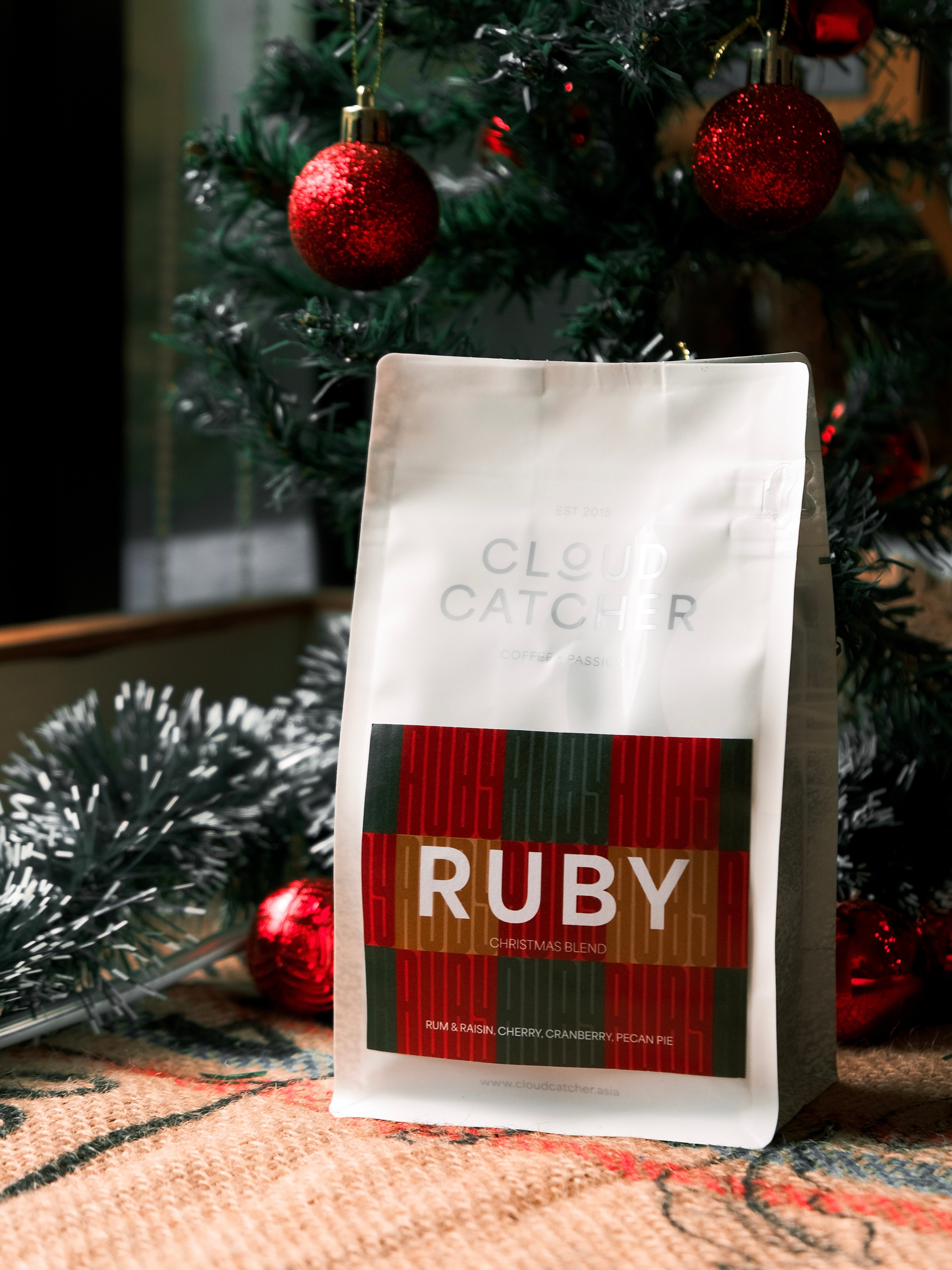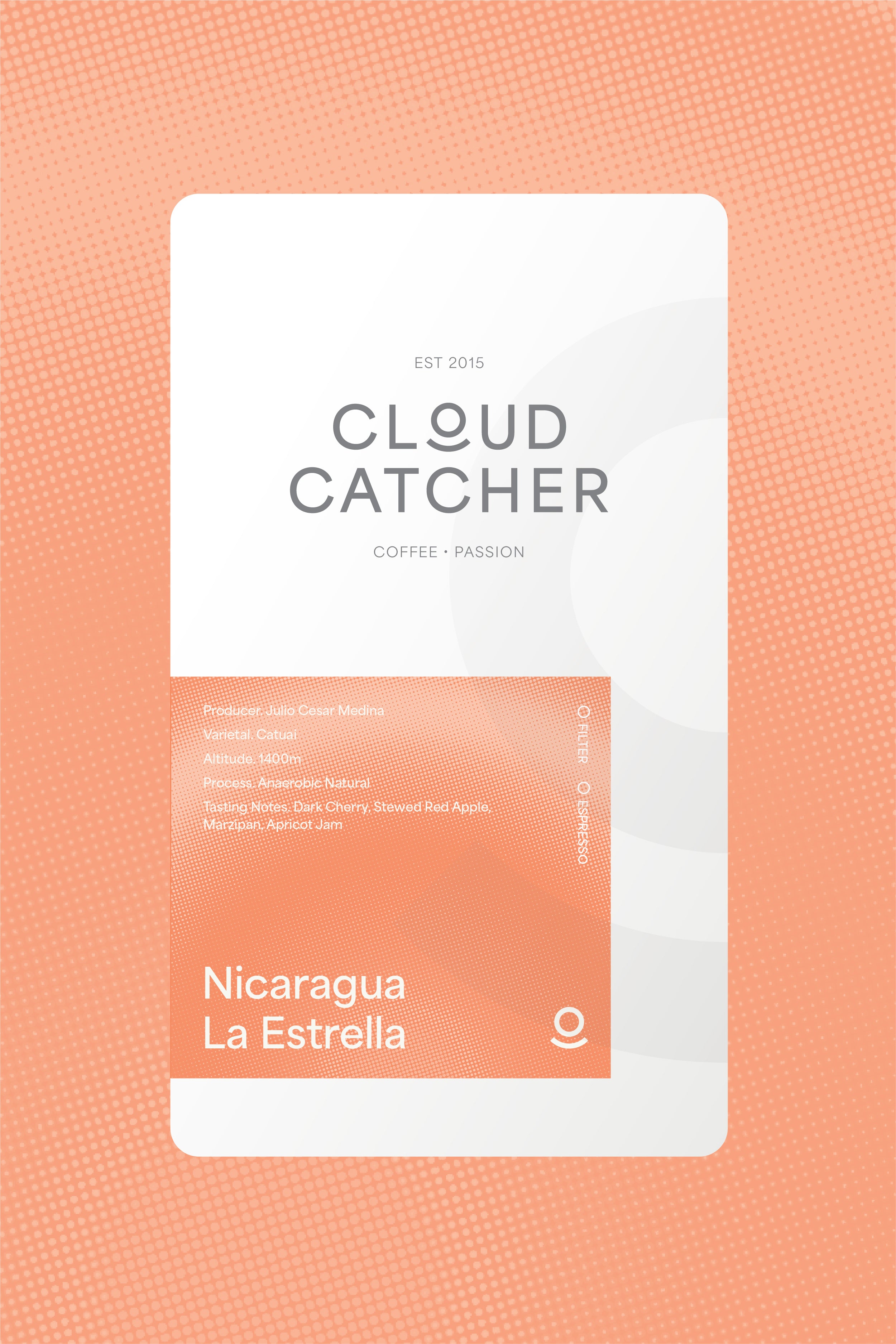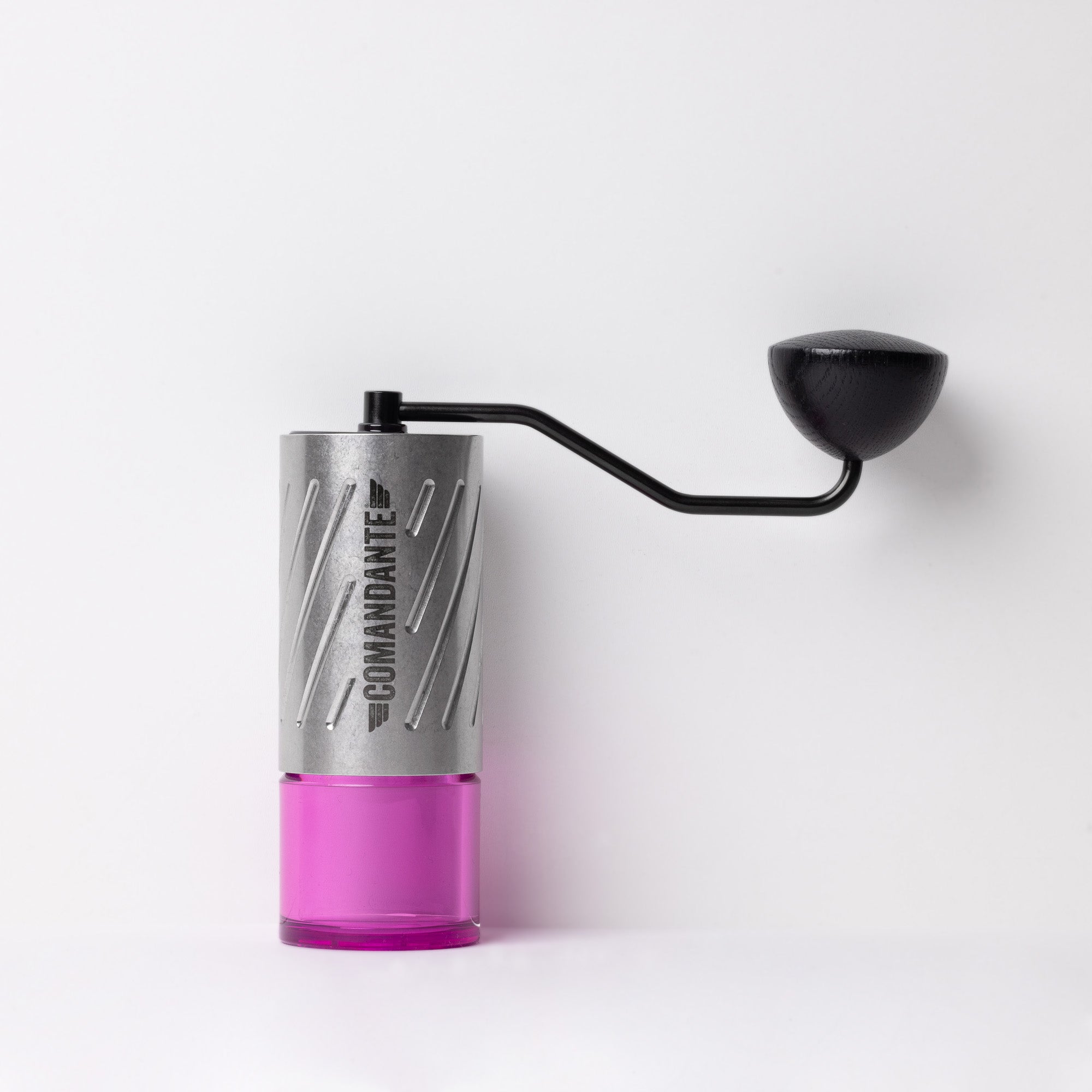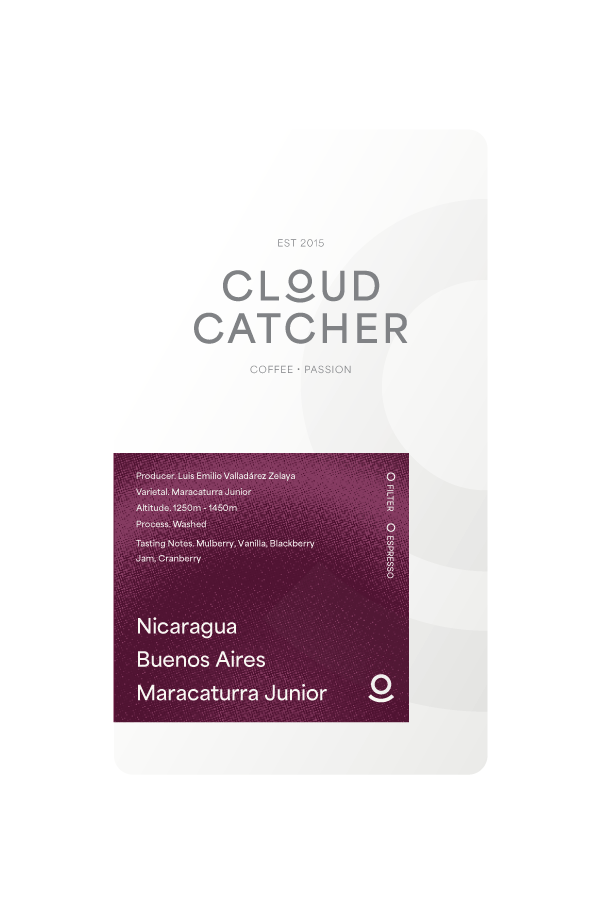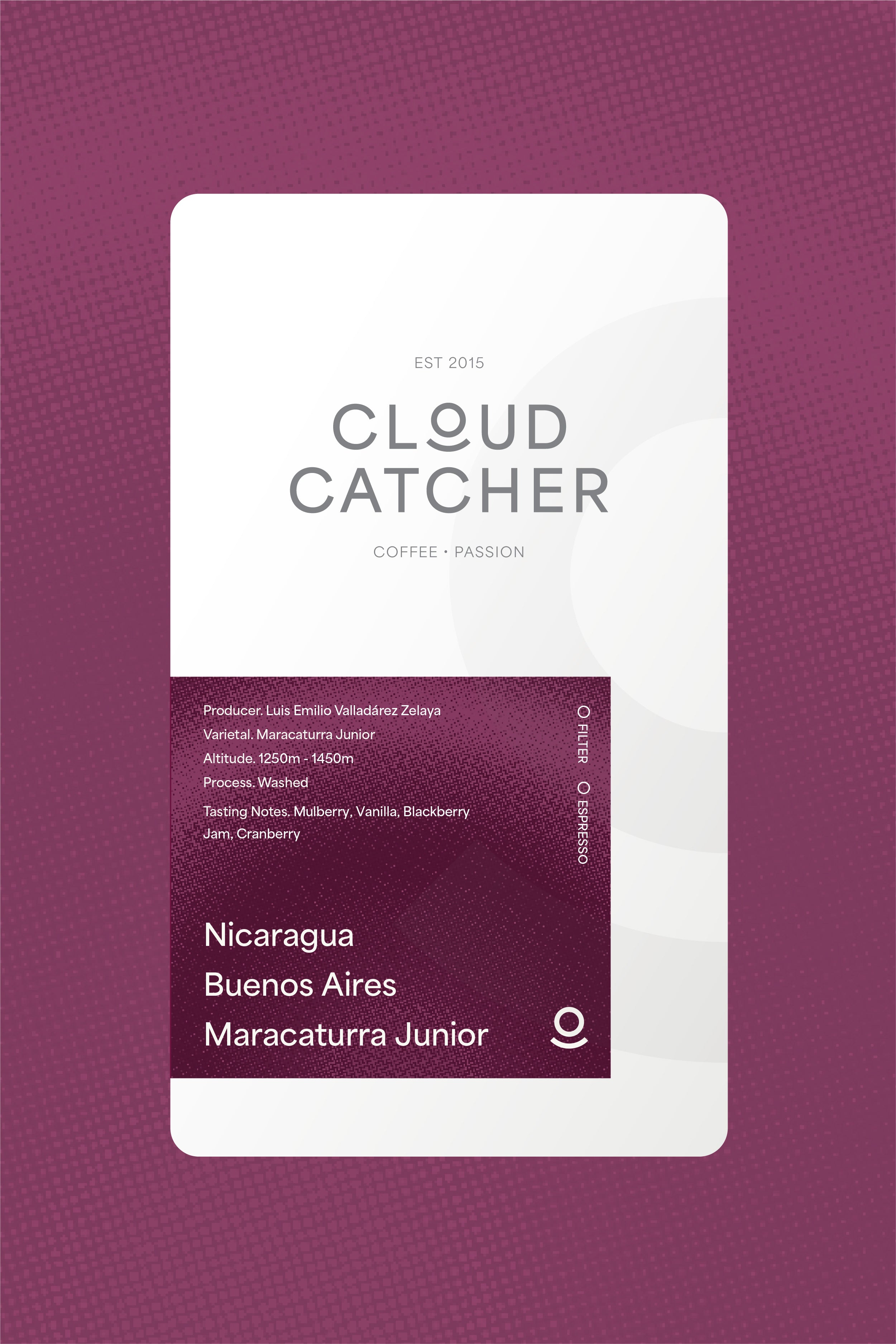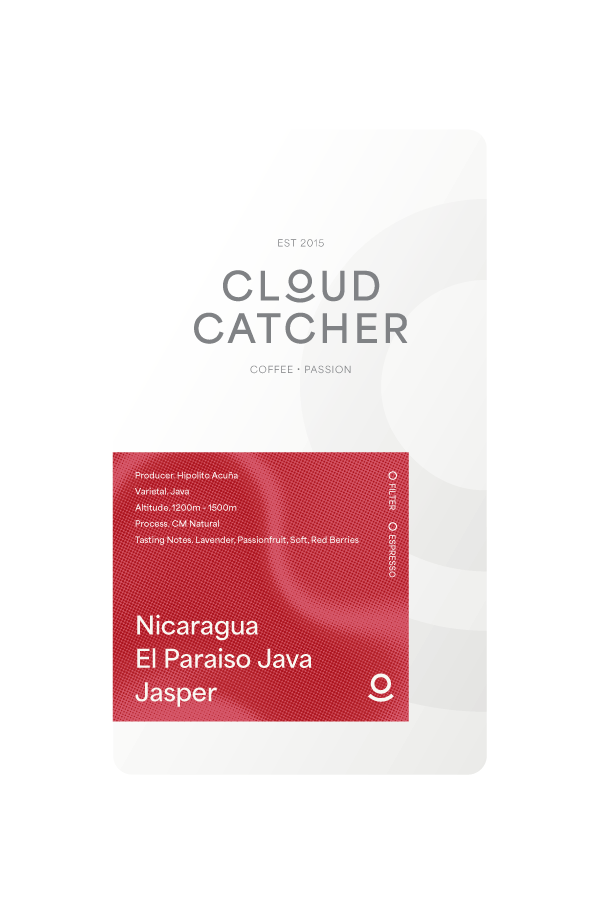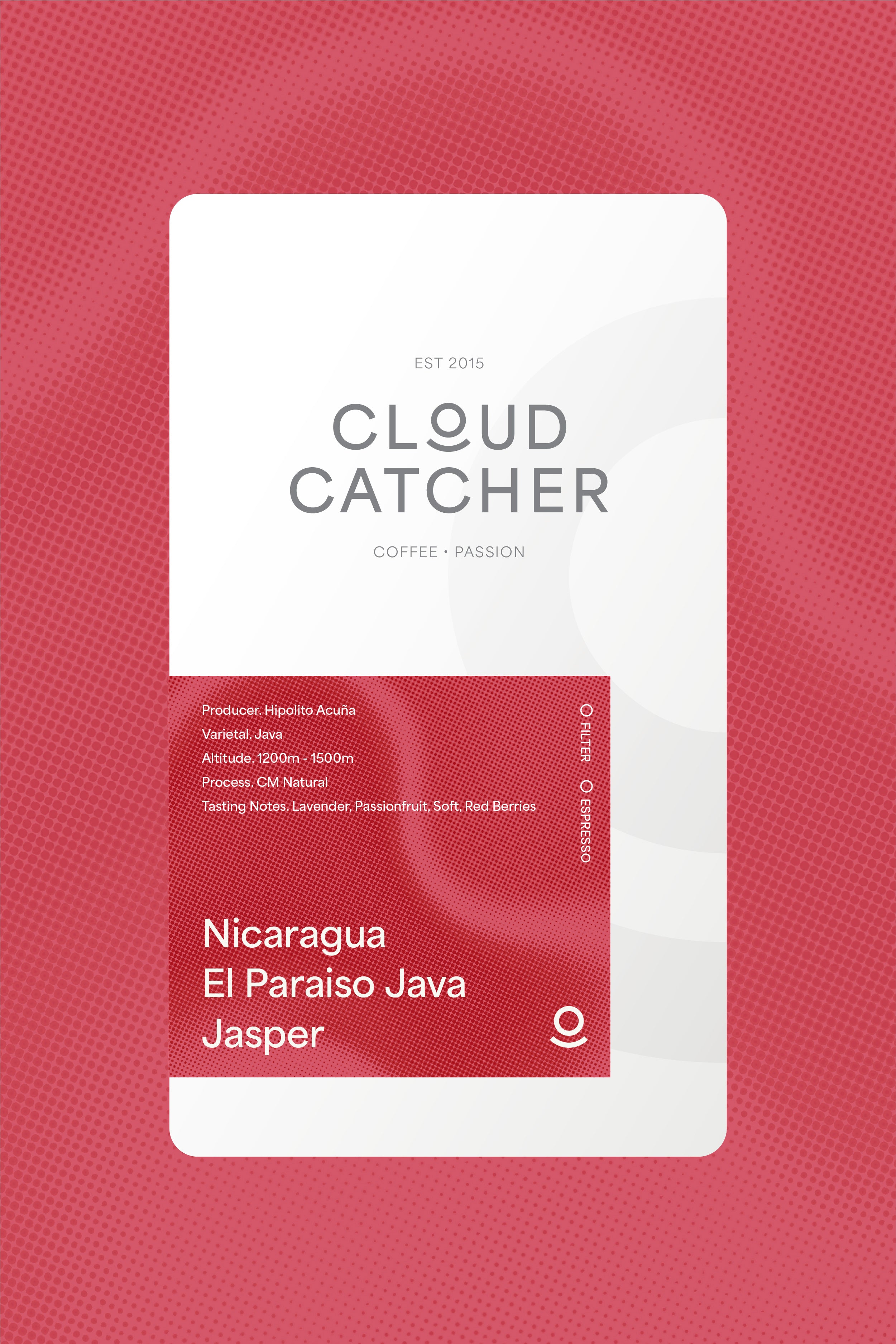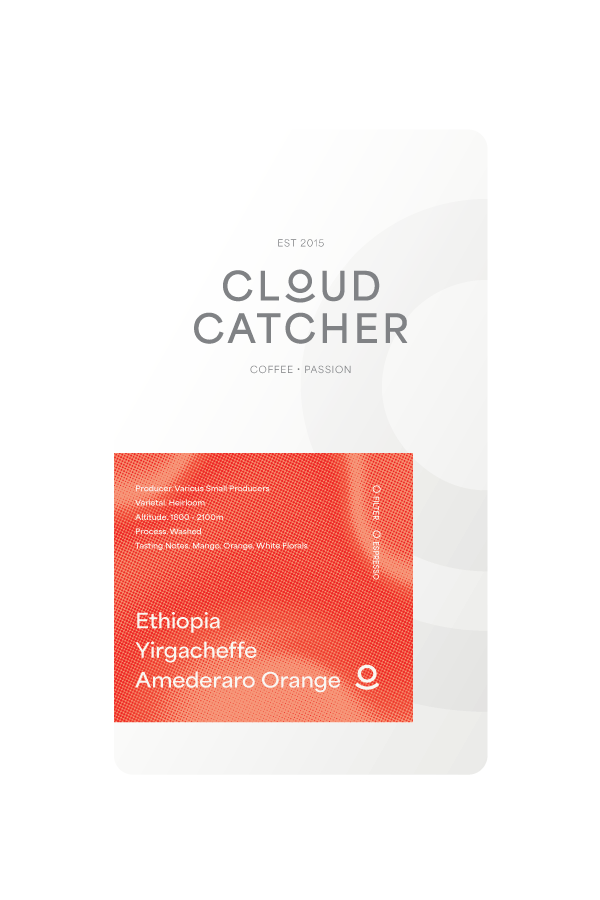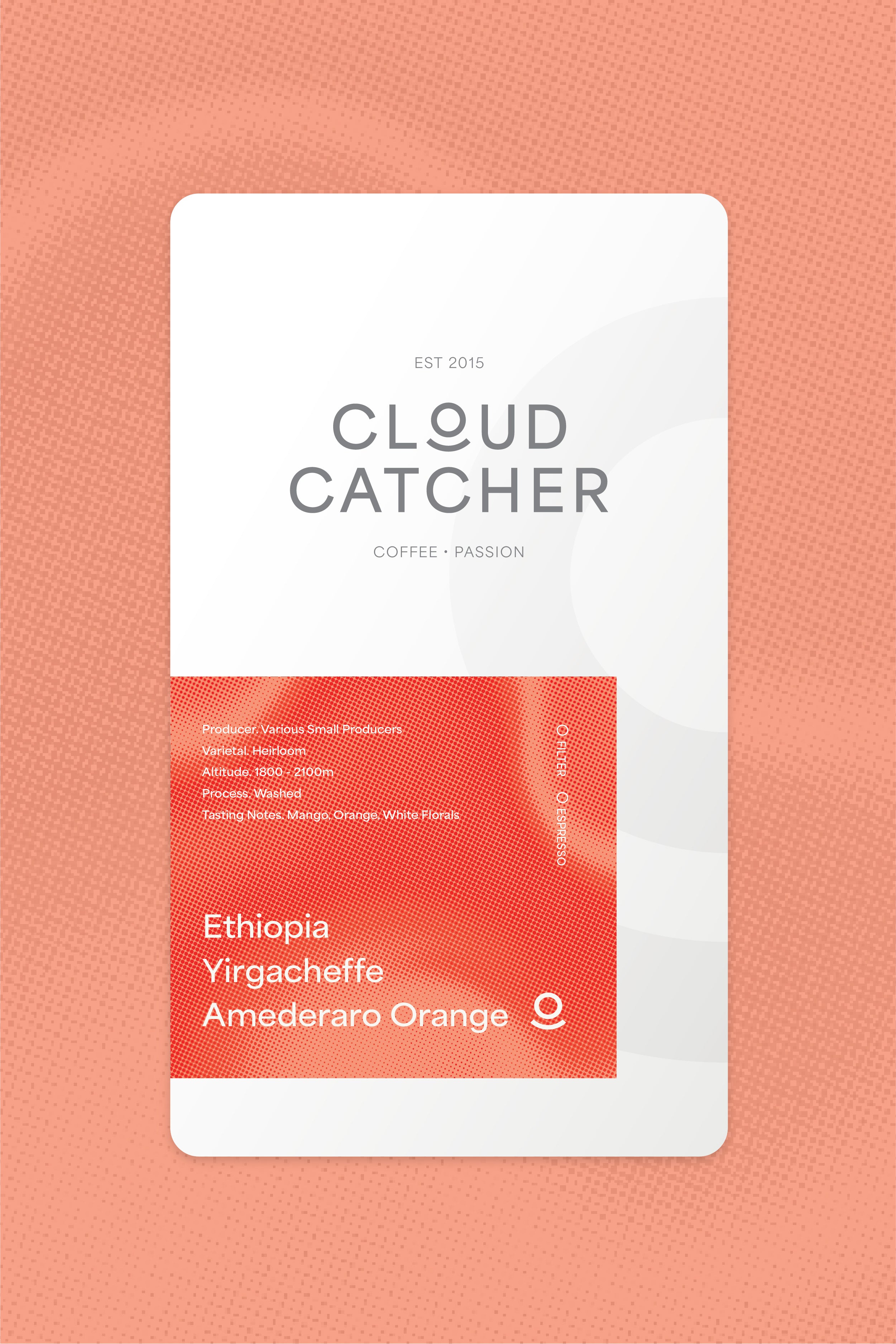About Yacuanqer
Sourced from the high-altitude veredas of Chapacual, Tasnaque, and Zaragoza in Yacuanquer, Nariño, this microblend reflects the rich biodiversity and volcanic soil of the region. Grown by smallholder farmers on plots under 4 hectares, each batch benefits from meticulous, hands-on cultivation and quality control.
The result is a washed coffee with refined complexity—offering layered notes of blueberry, purple grapes, blackcurrant, peach, and white florals, all carried by a creamy body.
Part of Azahar Coffee’s Microblend series, this limited release highlights the exceptional terroir and craftsmanship of Colombia’s specialty producers.
A short drive from the city of Pasto, tucked at the base of the active Galeras Volcano leads to the stunning region of Yacuanquer in Nariño. The journey climbs along the Pan-American Highway, winding through eucalyptus-lined roads and small potato farms. At higher altitudes, the clouds hang low, and on clear days, Galeras appears to follow along, casting shadows over rolling hills painted in shifting tones of green and gold beneath the bright Andean sun and drifting fog.

Roughly 20 minutes from the city, a turn off the highway leads down into the heart of Yacuanquer. The road first dips, then climbs again toward the village center at 2,670 meters above sea level. From the ridge, panoramic views stretch across the verdant landscape, Tasnaque to the left, La Cocha to the right. After a brief pause to let sunbathing puppies cross the road, the paved surface gives way to dirt, descending into the lower Yacuanquer zone. Here, among tall trees and denser vegetation, is where the coffee for this blend is grown.
THE PICKER'S PROJECT
In 2017, Azahar created the “Pickers Project” with the threefold goal of ending worker exploitation in coffee, solving farmers’ labor issues, and improving quality. Its Colombian foundation, Manos al Grano, now trains a team of fulltime pickers, which it deploys to its partner farmers. It pays them salaries with the same benefits its employees are entitled to, something virtually unheard of in the world of picking coffee.
Participating farmers don’t have to scramble to find labor; now they have skilled workers on demand. Their harvest is largely pre-financed, as they pay for the cost of picking when they deliver their coffee and get paid themselves. The cost is still calculated on a “piece” basis, meaning they get the benefits of a piece wage system (e.g. no overhead) without subjecting workers to piece wage exploitation. They can streamline their operation, comply with labor laws, and increase quality, all at the same time. Meanwhile, roasters benefit from the increased quality and the certainty that they are not buying products harvested with illegal or exploitative labor practices.
